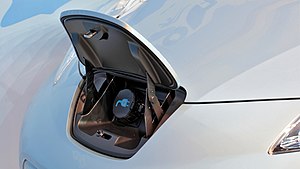
Oh the Guardian, that normally well-regarded major UK newspaper, has had a ****ing brilliant idea. You see, if you read a story in the online version of the paper, you can share it on Facebook using their app.
Actually if you are logged into Facebook – even in another browser window you’ve forgotten is still open – it automatically posts the article you’re reading. It does say when you install it that the app will share what you read, but I don’t think the casual user will immediately realise this means “without even asking”. I certainly bloody didn’t.
So at long last, the Guardian has managed to fully automate the process of having someone reading over your shoulder. In this way online readers all over the world can partake of the authentic crowded London tube experience.
But that’s not even the worst part. The link it posts doesn’t actually go to the article, it – yes – offers to install the app. So you accept because you want to read the story. All your friends will then see what you’ve read and install the app so they can read it, which will tell all their friends what they’ve read… This thing is going to spread exactly like a virus.
Indeed the figures seem to be bearing that out. Two weeks ago, after being out only a month, they had their millionth install. At that rate we have about one week left to enjoy Facebook before it collapses under the sheer weight of Guardian links.
Related articles
- Three New Social News Reading Apps for Facebook: WSJ, The Guardian, and Washington Post (offonatangent.blogspot.com)
- Introducing the Guardian’s new Facebook app (guardian.co.uk)
- Guardian iPad app downloaded nearly 150,000 times in first week (blogs.journalism.co.uk)

